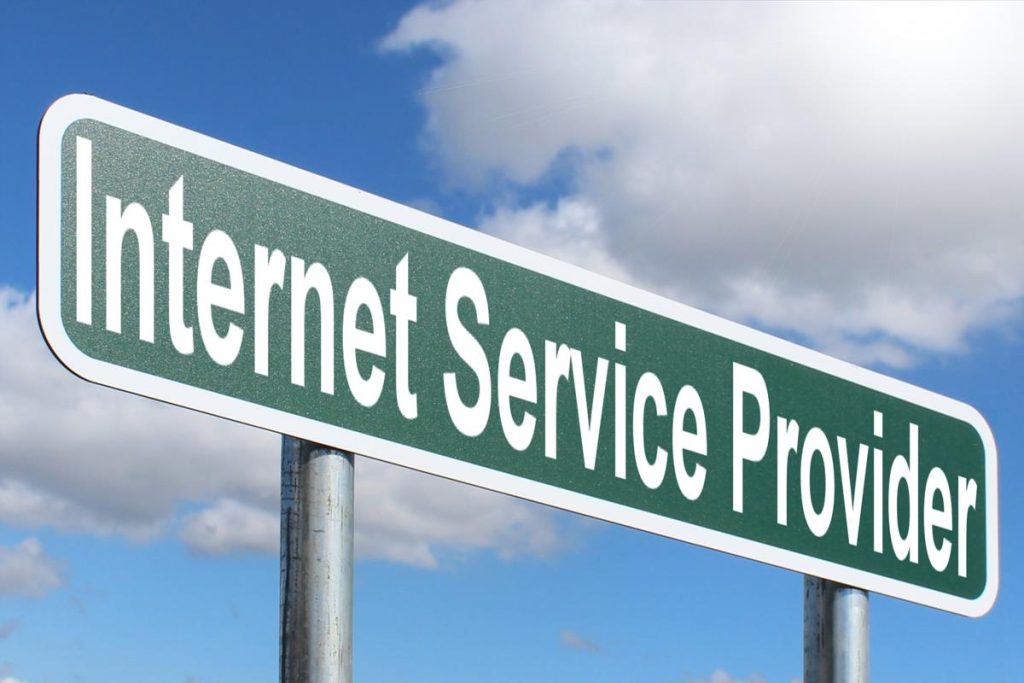With the beginning of 20th century, internet demand increased and today internet is the need of every one. Internet has become a need of every one. And choosing internet service provider with low charges but high speed is a challenge for every internet user.
There are many companies providing internet service but only few offers good internet with low charges. While that could save you money in the short-term, doing so could wind up causing you a lot more headaches – and lost productivity – over the long-term.

Following are the factors that are to be considered when seeking an ISP:
1. Uptime Commitments
Of all the promises ISPs make, none is worth anything if the ISP doesn’t fulfil its uptime commitments. The circuits simply have to work. If they don’t, organizations become dependent upon redundant or backup service. Look for service level agreements that provide real and measurable targets for uptime, not just 99.9% operational guarantees. Insist on specific wording that governs what happens when service fails. Does your organization receive credit off its bill? Will the ISP scramble a technician 24×7? Ensure these details before choosing your ISP.
2. Speed
Most customers tend to rate an ISP solely on advertised downstream speeds. While many ISPs promote 5 Mbps or faster service to businesses, these claims need to be tested. Marketing claims are occasionally excessive; excuses are plentiful. Before ordering, inquire what other clients, using the same service, are experiencing nearby to know how potent an ISP’s downstream speeds actually are. Or you can Test all new circuits’ speeds the day they’re installed, a month later, and quarterly after that. If not sure the you can always do wowway custom speed test to check your wow download and upload speed to know if you are getting the speed they say you will be getting.
3. Customer/Technical Support
Even the best connections experience problems, and chances are you will have a question or problem you need to address. When things go wrong, how accessible is technical support? “I’ve called for assistance recovering a downed business circuit only to hear a recorded message stating support hours are between 9am and 5pm Monday through Friday.” That’s unacceptable for an ISP. Be sure the ISP you select provides technical support that meets your requirements.
4. Responsive Field service
If you experience outages or other problems with the internet (as will happen), how easy is it to get support? If a failure occurs (the most common issues are failed modems due to lightning strikes or other natural calamity, wiring going bad in the ISP-supported network interface device, etc), how quickly does the ISP commit to resolving the outage?
5. Equipment Quality & Flexibility
IT professionals know which modems fail and how often. While choosing a modem you should consult it with an IT professional so you could get a good m odem. If you compare packages from 2 different internet companies, consider the quality of each firm’s equipment. The less time an IT pro must spend on site administering, reconfiguring, or restarting network equipment, the better. Also, Some ISPs enable customers to supply their own modems. Take advantage of these opportunities, as supplying your own network equipment not only allows you to select the quality you want but potentially lowers costs, too.
6. Add-ons & Special Features
Many ISPs throw in extras just to make it seem like you’re getting a great value. Things like anti-virus program subscriptions, an ISP-branded email address, and personal WebPages are just that-extras that you likely don’t need. Such features might sway you and you might end up choosing ISP which is less reliable with less uptime or speed or which may cost you more at the long run.
7. Pricing
Price is the factor that should be least considered when selecting an ISP. Uptime, capacity, service accessibility, and field response are much more critical, especially considering the importance of Internet circuits to businesses today. When factoring price, however, be sure to compare apples to apples. Some ISPs require customers to purchase a modem, while others lease this equipment. And some ISPs require multi-year contracts. Such lease and long-term arrangements may end up costing more in the long run, so compare costs carefully.
8. Terms & Conditions
Make sure you know what the service’s limitations are. Read the terms and conditions of service carefully. Is there a limit to the amount of data you can use per month? Do you need to sign a one-year contract? Does the ISP provide money back guarantee? Is there a penalty for early cancellation? These are the few questions you should consider before choosing an ISP.
Make a list of all of your requirements and prioritize them. Then, compare those requirements with internet service providers that can meet those needs. Although speed is an important factor in choosing an ISP, you should also consider your personal need, number of devices you will connect, features and terms of the service plan, technical commitments and the reputation of the internet provider.
